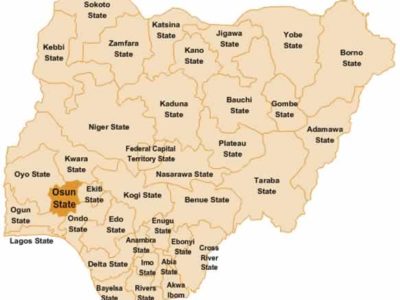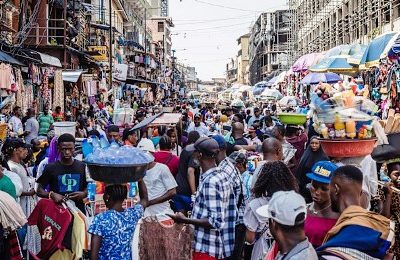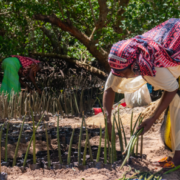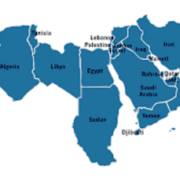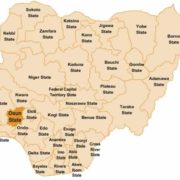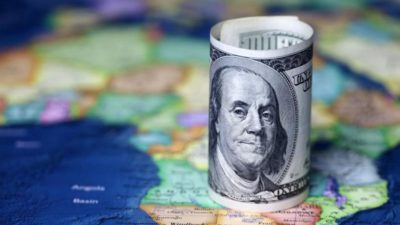By Abayomi Odunowo
In the global arena, respect is an elusive quality, often mistakenly believed to be a product of wealth, power, or mere rhetorical prowess. Dr. Akinwumi Ayodeji Adesina, the Managing Director of the African Development Bank, strikes a poignant chord when he addresses the pressing issue of why Africa struggles for respect on the world stage. His insights challenge us to confront fundamental truths about our stewardship of resources, governance, and the accountability measures that dictate our future. Through his compelling arguments, we are led to understand that respect is not an entitlement; it must be earned through substantial, tangible action over time.
At the crux of Africa’s struggle for respect lies a palpable crisis in resource management. Despite possessing a staggering $6.2 trillion in natural resources, Africa bears the paradox of extreme poverty, with millions living below the poverty line—Nigeria being a stark testament to this grim reality. The continent is replete with oil, gas, minerals, and arable land, yet it ranks poorly in human development indices. This dissonance is not by accident; rather, it results from systemic mismanagement and corruption. Dr. Adesina highlights a troubling trend: African governments often secure loans backed by their natural resources. These loans are shrouded in opacity and wield exorbitant costs, diminishing their potential benefits and exacerbating the continent’s economic plight.
Nigeria’s ample oil reserves have not translated into prosperity
Consider the situation of nations like Saudi Arabia or Qatar, which have successfully transformed their natural wealth into tangible benefits for their populations. In stark contrast, Nigeria’s ample oil reserves have not translated into prosperity for its people but have instead become a source of deep-seated frustration and discontent. The failure to convert natural resources into societal gains underlines an urgent and systemic need for reform.
The continuous mismanagement of natural resources represents not just an economic failure but a moral one. Dr. Adesina asserts that resources belong to the nation as a whole and should be harnessed for the greater good, not merely to enrich a select few. His remarks underscore a critical truth: the belief that putting a borehole in a community merits public praise indicates a stark failure of governance. In an era when every household should have access to clean water, celebrating such initiative belittles the responsibilities of leaders who are meant to ensure foundational services. Leaders must not only facilitate progress but also be held accountable for their actions—or lack thereof.
This lack of accountability has resulted in a pervasive culture where corruption thrives unchecked, hindering development and respect. As Dr. Adesina rightly posits, Africa’s richness is juxtaposed with its pervasive poverty, creating a narrative that is not just a national crisis, but a global concern. Moreover, it is critical to recognize that while natural resources can be a boon, they can also be a bane when mismanaged. If the current trajectory continues, it is likely to culminate in a disaster for the continent, not only economically but socially and politically as well.
Africa needs accountable governance & responsible resource management
To reclaim respect on the global stage, Africa must embark on a transformative journey that begins with accountable governance and responsible resource management. This change necessitates a commitment from leaders to prioritize the interests of their citizens over personal gain. Transparency in transactions involving natural resources should be mandated, ensuring that wealth generated from these resources is reinvested into the community for sustainable development.
Additionally, a strong legal framework that promotes accountability and reduces corruption must be implemented. Dr. Adesina’s call for African governments to take decisive action against opaque practices involving natural resource loans is not merely a suggestion; it is a requisite for growth. Without transparency and accountability, Africa remains tethered to a status of dependency, stunted by systemic failures.
Dr. Akinwumi Adesina’s presentation encapsulates a critical moment for Africa—a call to action for all stakeholders. Respect cannot be demanded; it must be earned through consistent, transparent, and responsible management of resources. Africa, with its abundant potential, must pivot toward an era marked by accountability, where the wealth of the land benefits every citizen. By pulling up our collective socks and collectively committing to integrity, Africa can pave its way to garnering the respect it rightfully deserves on the world stage.
Otunba Abdulfalil Abayomi Odunowo, National Chairman AATSG



